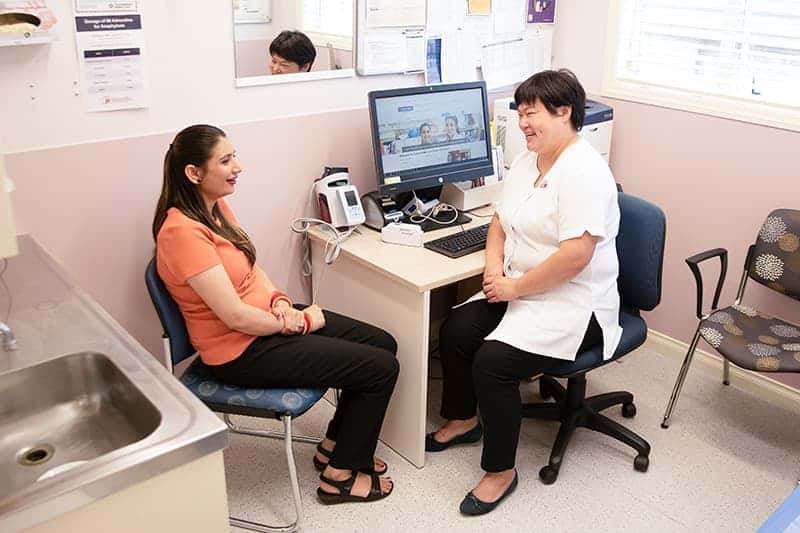Travel Advice
Crawford Medical can give you health advice when you are planning to travel. We have GPs who are have trained in travel medicine to share advice on immunisations and health precautions for any area, to keep you well while travelling either for business or holiday.
Call us now to book an appointment with our travel nurses on 09 538 0083.
We do recommend you get well prepared ahead of travelling as there are a wide range of health risks depending on which area you are travelling to, and how long you are travelling for. Some risks are serious. We can also give advice on travelling at high altitudes, pregnancy and travelling, and deep vein thrombosis risk reduction.
Our team can give Yellow Fever Immunisation as a NZ Ministry of Health approved vaccinator.
Pre-travel vaccinations

As well as Antimalarial medications, we also offer vaccinations for the following:
- Rabies
- Polio
- Typhoid
- Hepatitis A
- Tetanus/Diphtheria
- Whooping cough
- Meningitis
- Influenzae
- Hepatitis B
- Japanese Encephalitis
- Others
Travellers’ Medical Kit
Here are some practical suggestions for a medical kit that you can take along on your travels. The kit contains most things that could be needed by most people most of the time. But bear in mind that the kit is intended to deal only with minor illnesses and injuries. Severe injuries or illness demand that you ring your travel insurance number straight away in order that a “real person” can monitor your needs immediately and directly.
In general, it is sensible to carry a small, straightforward medical kit. This kit could include the following items (these are listed here alphabetically, not in order of importance). Remember that the recommendations provided here are not all-inclusive but are a good start!
- Analgesia (pain relief)
Aspirin or paracetamol for mild to moderate pain or fever. - Antibiotics
It is important to stress that antibiotics must be used with caution and only to treat a specific infection. Many people like to take a broad-spectrum (treats a wide range of infections) antibiotic with them when they travel. However, because of the ever-increasing global problem of bacterial resistance, it is much preferred that local medical personnel diagnose all infections so that antibiotic therapy (if required) is prescribed appropriately. But if you really insist on taking antibiotics with you, make sure that you know HOW to use them, WHEN to use them and WHAT conditions they can treat. - Antiseptics
Povidone-iodine (e.g. Betadine, Viodine) is superb for cuts and grazes. It can also be used for coral cuts and fungal infections. Additionally, in an emergency it can be used to ‘purify’ water for drinking. - “Bite busters”
Calamine lotion or aluminium sulphate spray can be used to ease the irritation from bites and stings. - Bits and pieces
- Bandages and plasters – for minor injuries.
- Scissors
- Tweezers
- Thermometer (note that mercury thermometers are prohibited by airlines)
- Needles and syringes in the event that you require an injection in a country with low standards of medical hygiene. In order to avoid any problems with local customs officers, make sure that you get a certificate from your doctor before you leave home stating that you need the syringes.
- Cold and flu tablets and throat lozenges
The decongestant, pseudoephedrine hydrochloride, may be useful if you’re flying with a cold as it helps to prevent ear discomfort. - Oral rehydration solutions
Rehydration mixture for the treatment of severe diarrhoea is particularly important to take along if travelling with children. It’s convenient as it doesn’t take up much room in the suitcase. You can get packets of the mixture from your pharmacist. - Protectives
Insect repellent, sunscreen, chap stick and water purification tablets are all essential items for an overseas trip. A supply of condoms, for those who may need them, is also advised. - Vitamins
Multivitamins and a combination of B complex plus C are a good idea for long trips where dietary vitamin intake may be inadequate. Long-term travellers especially should give vitamin supplementation serious consideration.




